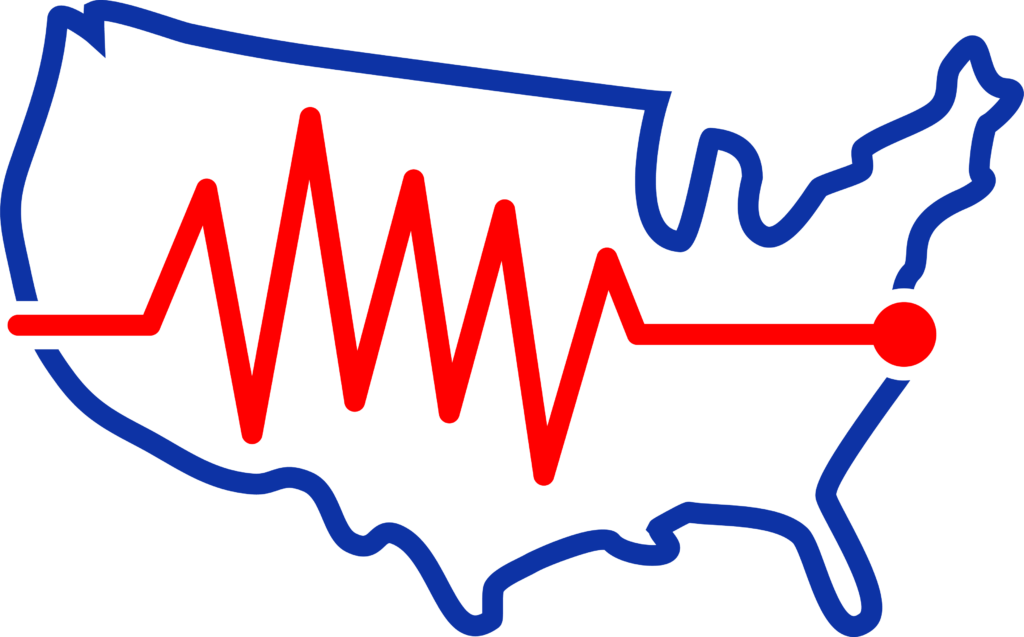What to Look for When Choosing a Polygraph School
Navigating the path to becoming a skilled polygraph examiner begins with selecting the right school. The choice of polygraph school can significantly influence your understanding, skills, and career trajectory in lie detection. This guide offers a comprehensive look at essential considerations to ensure you choose a reputable and effective institution.
1. Accreditation and Certification:
- Importance of Accreditation: Accreditation ensures the school meets certain educational standards, providing legitimacy to the diploma or certification you earn.
- Recognized Bodies: Notable accrediting bodies include the American Polygraph Association and the American Association of Police Polygraphists. Their endorsement guarantees that the school adheres to the highest professional standards.
2. Curriculum and Training Quality:
- Comprehensive Curriculum: The curriculum should cover key topics such as the polygraph process, psychological aspects, legal implications, and ethical considerations.
- Practical Training: Practical sessions are crucial for developing hands-on skills. Ensure the school offers ample opportunity to practice with contemporary polygraph equipment under supervised conditions.
3. Faculty Expertise:
- Experienced Instructors: Instructors should be not only academically qualified but also experienced polygraph examiners with real-world insights.
- Faculty Credentials: Investigate the backgrounds of faculty members to ensure they have relevant and substantial professional experience.
4. Career Support and Placement:
- Placement Services: A school that assists with job placements or has connections within law enforcement and private sectors can significantly ease the transition into the workforce.
- Ongoing Education: Look for schools that offer advanced courses or continuing education opportunities to help you stay current with evolving polygraph techniques.
5. Student Reviews and School Reputation:
- Seeking Out Reviews: Online forums, alumni testimonials, and direct conversations with past students can provide valuable insights into the student experience.
- Reputation in the Industry: A school well-regarded by industry professionals is likely to offer higher quality education and better career opportunities.
6. Location and Facilities:
- Accessibility: Consider whether the school’s location is feasible for daily commute or if relocation is necessary.
- Facility Quality: Check if the school has up-to-date polygraph machines and adequate training facilities.
7. Cost and Financial Aid:
- Tuition Fees: Understand the full cost of education, including any hidden fees for materials or equipment.
- Availability of Financial Aid: Some schools offer financial aid packages, scholarships, or flexible payment plans to help manage costs.
Conclusion: The right polygraph school can set the foundation for a successful career in lie detection. By thoroughly researching and considering these factors, you can make a well-informed decision that aligns with your career goals and educational needs.
Polygraph Training: Accredited Polygraph Examiner Training Courses
Marston Polygraph Academy – San Bernardino, CA
Marston Polygraph Academy offers comprehensive, accredited courses for aspiring polygraph examiners. Covering everything from basic techniques to specialized post-conviction offender testing, it equips students with skills and expertise using state-of-the-art Stoelting Elite Polygraph Instruments
International Academy of Polygraph – Fort Lauderdale, Florida
International Academy of Polygraphs offers an all-encompassing polygraph training program led by experienced professionals. Accredited by major associations, it offers unique partnership benefits with Broward College Criminal Justice Institute. Graduates emerge with specialist qualifications and skills, positioning them distinctively in the field.
American International Institute of Polygraph – Stockbridge, GA
AIIP's ten-week Examiner’s Basic Course equips students with skills for crime-related and pre-employment polygraph examinations. Leveraging curriculum from the Department of Defense Polygraph Institute, AIIP is recognized as a leading institution in polygraph examiner certification, with seasoned instructors and comprehensive training.
Academy for Scientific and Investigative Training – Philadelphia, PA
The Academy for Scientific Investigative Training provides a thorough education in deception detection. Students gain practical experience in various polygraph instruments and techniques, including the innovative Morgan Interview Thematic Technique. Graduates emerge as trained forensic psychophysiologists ready for diverse testing situations.
Texas Department of Public Safety Law Enforcement Polygraph School
The DPS and Texas Police Association offer specialized polygraph training for law enforcement applications. With the first school established in 1995, today's Texas DPS Law Enforcement Polygraph School is a respected faculty, accredited by major associations. The rigorous ten-week course and advanced training prepare dedicated law enforcement professionals for accurate polygraph examinations.
National Polygraph Academy (NPA) – Lexington, KY
Discover the elite realm of lie detection at the National Polygraph Academy. Offering accredited courses for law enforcement and private sectors, NPA sets the standard in truth verification training.
PEAK Credibility Assessment Training Center – Cape Coral, FL
PEAK Credibility Assessment Training Center excels in polygraph education, emphasizing high standards, ethical practices, and a commitment to excellence. With rigorous courses, esteemed faculty, and a focus on professional integrity, PEAK shapes future polygraph experts.
The Polygraph Institute – San Antonio, TX
2024 Training Opportunities Basic Examiner Course Dive deep into the fundamentals of polygraph examination with our Basic Examiner Course, available at the following dates and locations: February 5 - April 12 in San Antonio, Texas June 3 - August 9 in San Antonio,...


